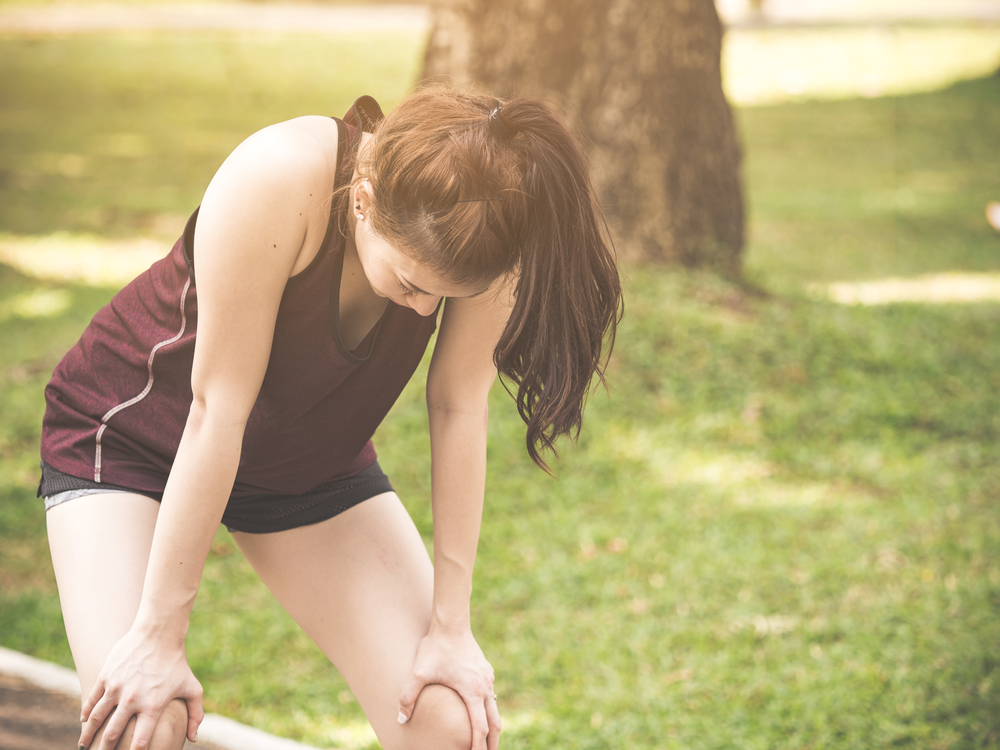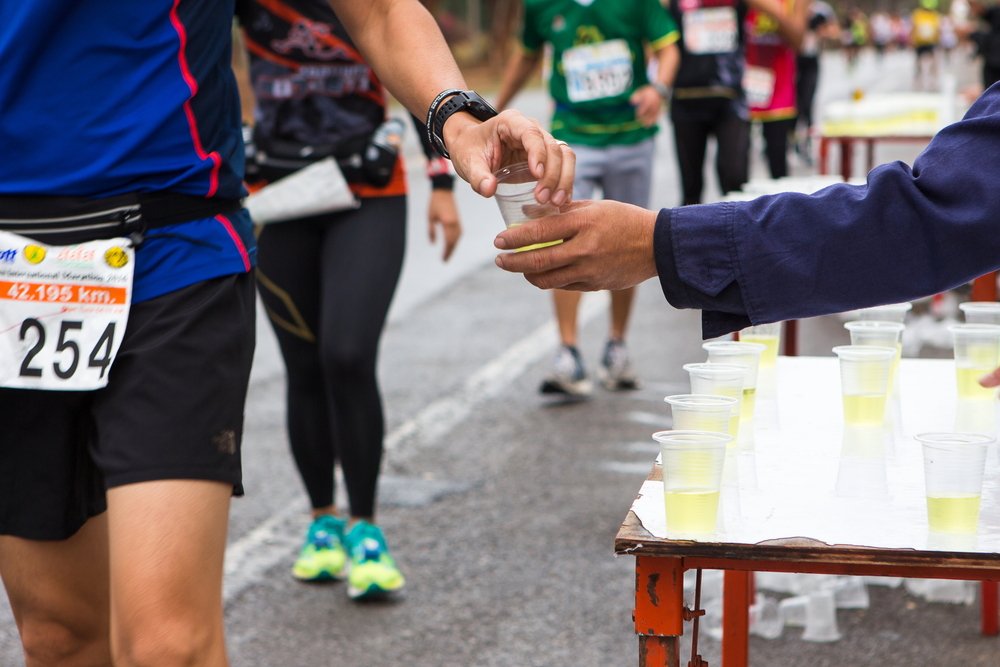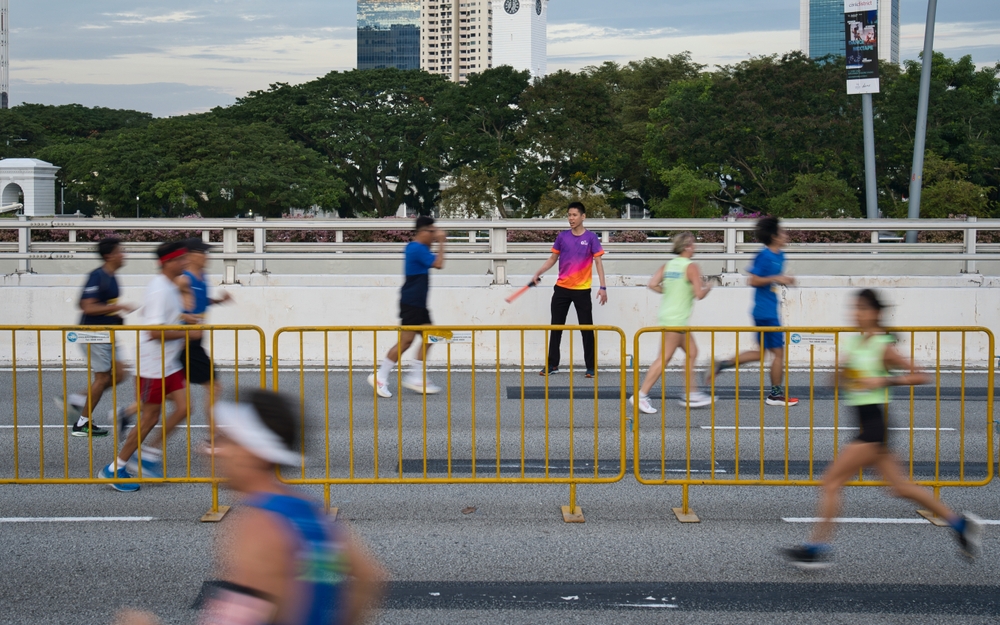Marathon safety has taken center stage at the Standard Chartered Marathon 2024, as runners faced extreme heat and health risks, highlighting the need for better precautions in endurance events.
Singapore has seen an uphill trend in sports participation in the past few years, highlighted most recently by the turnout for the 2024 Standard Chartered Marathon, which saw 55,000 people running the course, as opposed to 44,000 from last year.
The event drew not just local athletes like Soh Rui Yong and Rachel See but also international competitors, including Kenya’s Geoffrey Yegon and Ethiopia’s Fantu Zewude Jifar, who competed in elite categories.
The growing appeal of marathons can’t be denied, with its benefits going beyond promoting physical health. As exhilarating contests, marathons can bring together runners of all levels and backgrounds to challenge themselves and push their limits – even better if the run is coordinated in support of a good cause.
However, this year’s Standard Chartered Marathon has been plagued by problems, which have been underscored by the death of one of its runners.
These problems emphasise the importance of setting up a marathon environment that focuses on more than just distance and scenery, to prioritise the safety of its participants as well.
Under the Scorching Sun
This year’s runners faced extreme heat, one of the most pressing concerns during the marathon.
The 42-kilometer course began early in the day, but the route along West Coast Highway—placed near the end—left runners exposed to intense sunlight with no shade. By 10:15 a.m., participants like Sara Haghani were struggling.
“It was around 10.15am when I reached it, so the sun was already up,” she commented in CNA. “I saw many participants lying down on the side (of the road), most likely due to heat exhaustion.” Ms Haghani herself had to slow her pace at that point to cope with the heat.
In the wake of the news, runners also flocked to Reddit to share their experiences with the intense heat at the race.
Comment
byu/brownriver12 from discussion
insingapore
Comment
byu/brownriver12 from discussion
insingapore
In contrast, the previous year’s marathon had arranged for this stretch to be reached earlier in the route, when the morning temperature was still more accommodating. The extreme heat during the marathon raised serious concerns about marathon safety and participant well-being.
The Demanding Nature of Marathons

Marathons in general can negatively affect your immune system, due to how strenuous such high-intensity activities are on the body.
“Long endurance activities such as marathons trigger your body to produce a large amount of the stress hormone cortisol,” explained Dr Derek Li, a Family Physician at Raffles Medical. “This hormone suppresses your immune system, leaving you vulnerable to infections and sickness.”
When this aspect is further amplified by excessive heat, it can be dangerous and detrimental to a runner’s health.
Heat adds to the strain, causing excessive sweating and electrolyte loss. This combination makes it difficult for the body to regulate temperature, potentially resulting in dehydration, dizziness, or even heatstroke.
While the event organisers were said to have added more aid stations, which handed out food and water, and on-site medical services in comparison to the previous year, it was not enough to compensate for how gruelling the determined route ended up being.
The aftermath of the event highlights the importance of organising a course with the safety of its participants in mind.
This includes not only placing plenty of water points as a counterbalance to extreme weather, but also guaranteeing protection from overexposure. This involves setting a route more purposefully to have sufficient shady spots that act as needed respite from the sun.
Marathon Safety Tips
Ensuring marathon safety requires comprehensive planning by both organisers and participating runners:
1. Plan with the weather in mind
Organisers should look to incorporate shaded stretches to provide runners relief, especially in sunny climates like Singapore. Race start times should be scheduled earlier, during cooler parts of the day to reduce exposure to extreme heat.
2. Optimise refuelling stations

Organisers can place hydration stations at more regular intervals (2-3km) and ensure ready stock for marathon goers to hydrate and fuel up. Runners should also pack energy gels and pace themselves in anticipation of refueling stops.
3. Pre-race preparation
Participants are encouraged to train under similar weather conditions to build endurance and adapt to the heat. Wearing lightweight, moisture-wicking clothing during the race can help reduce the risk of overheating.
Overall, proper preparation by marathon organisers is crucial to mitigating health risks. Marathon safety should remain a top priority to ensure runners can participate in such events without compromising their health.
4. Post-race care
Organisers can provide more shaded rest areas, cooling systems, and electrolyte-rich recovery drinks post-race. In addition, they can encourage runners to report any unusual symptoms immediately after finishing the course, to mitigate any heat-related conditions early.
Fostering a safe environment not only protects the wellbeing of runners, but also upholds the reputation of a race and its organisers.

